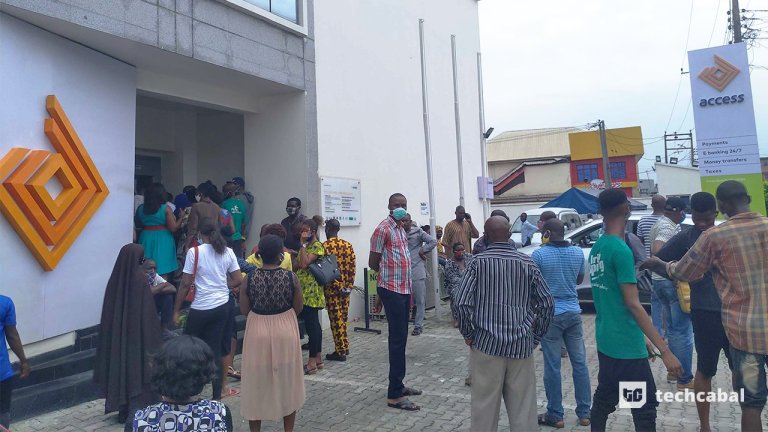JUST IN: CBN bans cryptocurrency trading in Nigeria

The apex bank has warned that financial institutions who breach this directive would face severe sanctions.
The Central Bank of Nigeria (CBN) has directed Deposit Money Banks (DMBs) and other financial institutions to close accounts of persons who are using their systems for cryptocurrency trading.
A cryptocurrency is a virtual or digital currency that appreciates or depreciates on the whims of market forces.
Trading with Bitcoin – a cryptocurrency type–has gained traction globally and in Nigeria lately; and most young people have been investing in the cryptocurrency world, buying and selling bitcoin and making profit for themselves.
But the apex ban is clearly not a fan of digital currencies.
In a statement signed by Bello Hassan, Director of Banking Supervision; and Musa Jimoh, Director of Payments System Management Department, the CBN said:
Further to earlier regulatory directives on the subject, the bank hereby wishes to remind regulated institutions that dealing in crypto currencies or facilitating payments for cryptocurrency exchange is prohibited.
Accordingly, all DMBs, NBFIs and OFIs are directed to identify persons and/or entities transacting in or operating crypto currency exchanges within their systems and ensure that such accounts are closed immediately.
The CBN also declared that breaches of its directive will attract severe regulatory sanctions.
CBN has never liked cryptocurrency
It is not the first time that the CBN would be showing its disdain for cryptocurrency. In 2018, the apex bank issued a circular to say cryptocurrencies are not legal tenders in Nigeria.
For the avoidance of doubt, dealers and investors in any kind of cryptocurrency in Nigeria are not protected by law. Virtual currencies are traded in exchange platforms that are unregulated, all over the world.
Consumers may therefore lose their money without any legal redress in the event these exchangers collapse or close business.
Members of the public are hereby warned that virtual currencies are not legal tender in Nigeria. Accordingly, we wish to caution all and sundry on the risks inherent in such activities,
the 2018 statement had read.







Responses